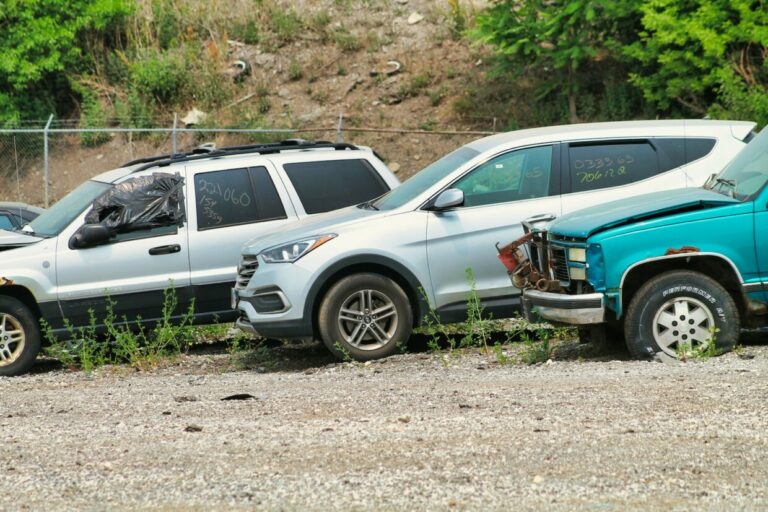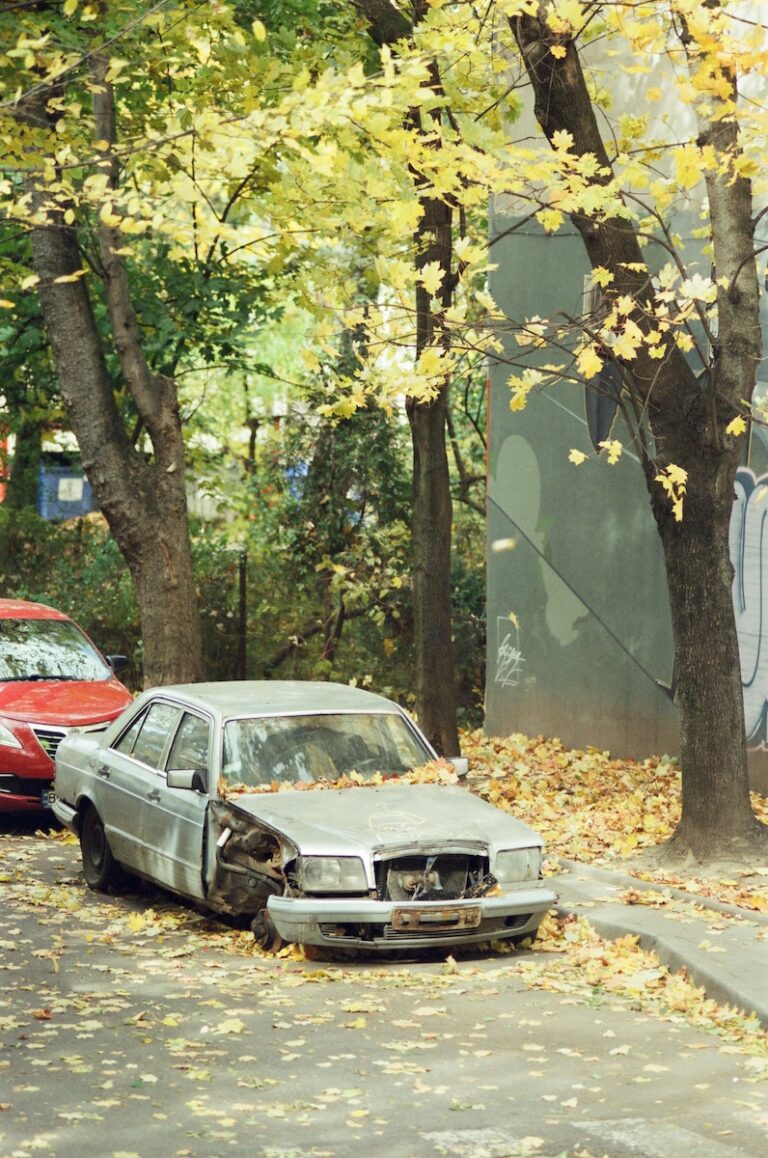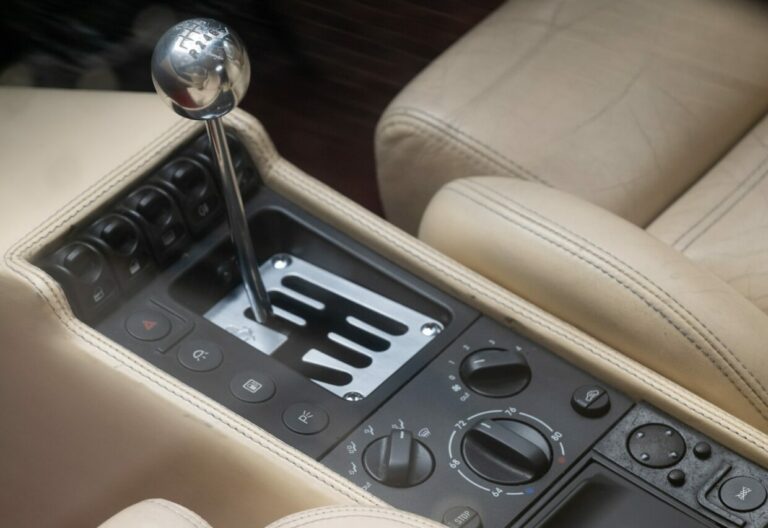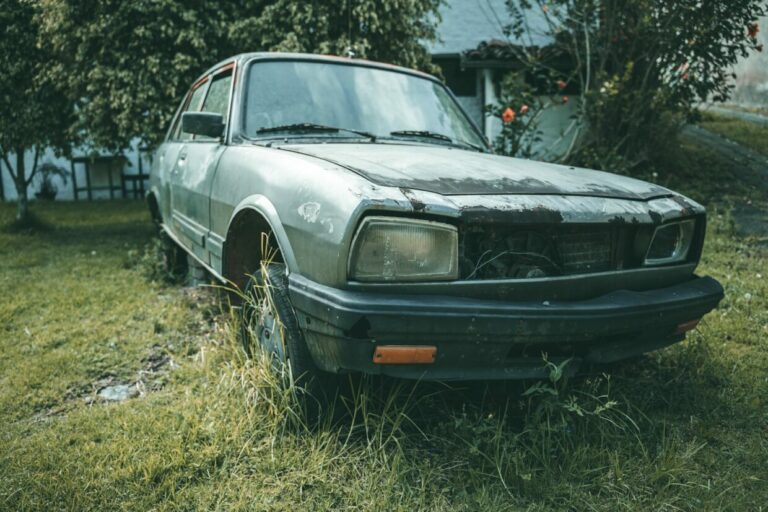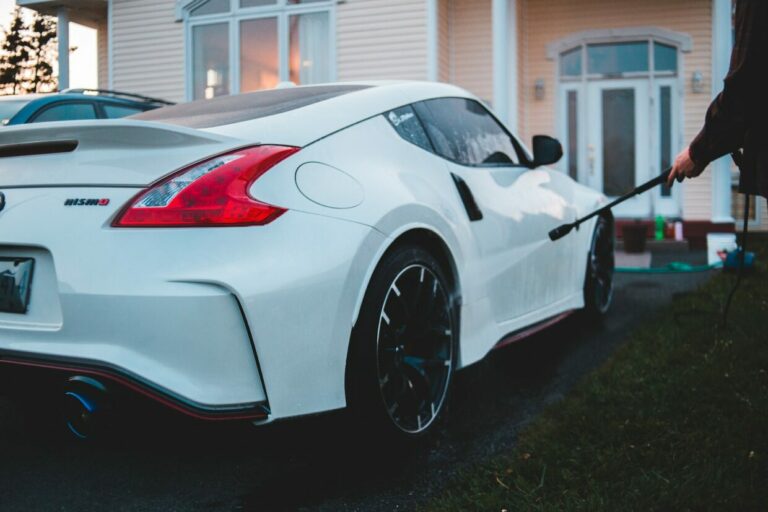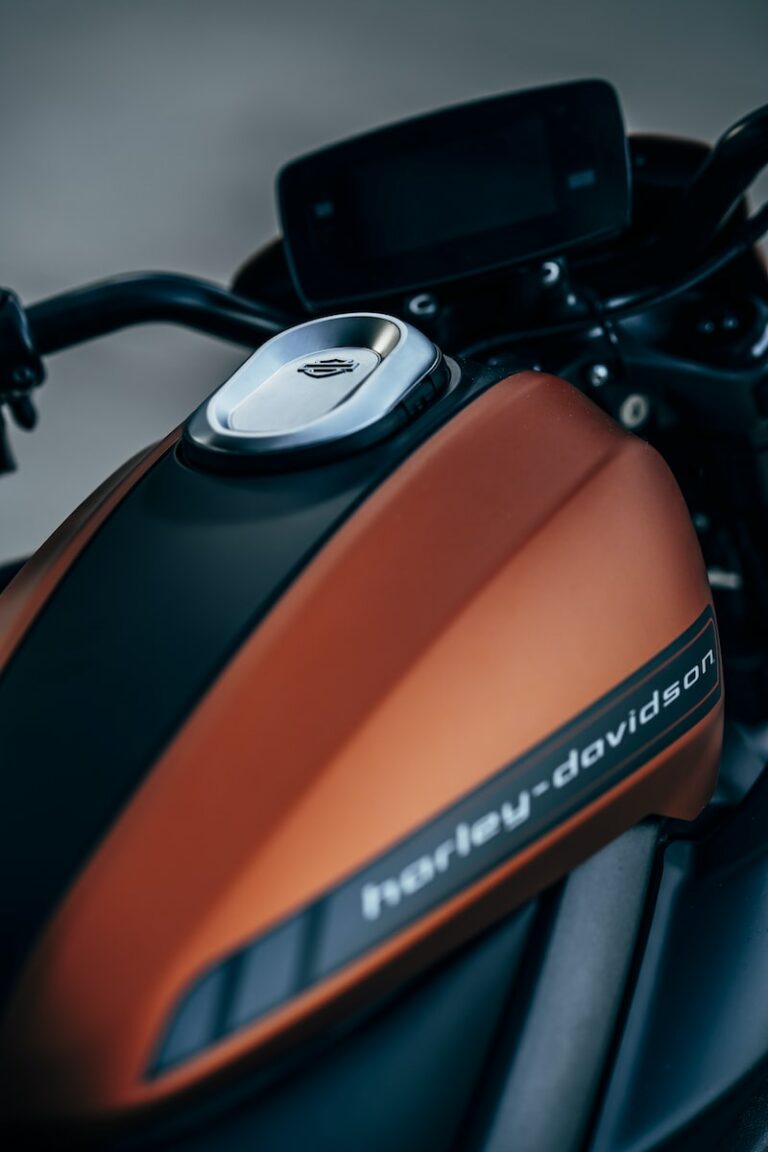Introduction
Welcome to our guide on diagnosing strange noises coming from your car. In this post, we will walk you through the steps of identifying and troubleshooting the source of unusual noises in your vehicle. Before we begin, it’s important to note that some noises can be harmless and caused by normal wear and tear, while others may indicate a serious problem that requires immediate attention. It’s always best to err on the side of caution and have your car checked out by a professional if you’re unsure of the cause.
Step 1: Identify the Noise
The first step in diagnosing a strange noise is to identify where it’s coming from. Is the noise coming from under the hood, the wheels, or the interior of the car? Is it a high-pitched squeal, a low rumbling, or a knocking sound? Try to be as specific as possible when describing the noise to a mechanic. This will help them narrow down the possible causes.
Step 2: Record the Noise
If possible, record the noise so that you can play it back for a mechanic. This will give them a better idea of what the noise sounds like and will help them diagnose the problem more quickly. You can use your smartphone or a digital voice recorder to make the recording.
Step 3: Check for Warning Signs
While you’re driving, pay attention to any warning signs that may be related to the noise. For example, if you hear a squealing noise when you brake, it could be a sign that your brake pads are worn and need to be replaced. Other warning signs to look out for include a burning smell, smoke, or warning lights on your dashboard.
Step 4: Inspect the Vehicle
If you’re comfortable doing so, you can inspect the vehicle yourself to see if you can spot the source of the noise. Look for any loose or damaged parts, such as belts or hoses, that may be causing the noise. If you notice any problems, make a note of them and take them to a mechanic.
Step 5: Take the Vehicle to a Professional
If you’re unable to identify the source of the noise or if you notice any warning signs, it’s best to take the vehicle to a professional mechanic. They will have the tools and expertise to diagnose the problem and will be able to recommend the best course of action.
Precautions
It’s important to keep in mind that some noises can be caused by serious problems that can lead to costly repairs or even be dangerous to drive. If you hear any of the following noises, it’s important to have your vehicle inspected as soon as possible:
- Grinding or scraping noise when braking
- Knocking or ticking noise from the engine
- Squealing or chirping noise from the belts or pulleys
- Rumbling or growling noise from the wheels
- Popping or snapping noise from the suspension
Conclusion
Diagnosing strange noises coming from your car can be a bit of a challenge, but by following these steps and paying attention to warning signs, you’ll be able to identify the source of the noise and take the necessary steps to have it repaired. Remember that it’s always best to err on the side of caution and have your car checked out by a professional if you’re unsure of the cause.



